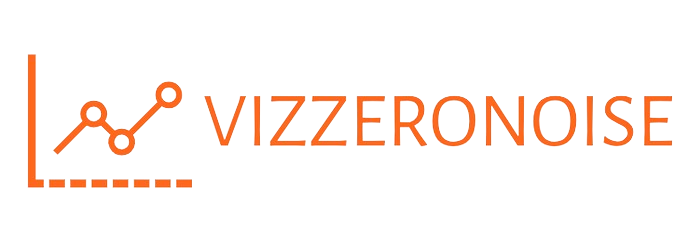Mastering Schedule C: Essential Tax Tips for Small Businesses
Understanding Schedule C
Schedule C is a vital tax form for small business owners, used to report income and expenses from a sole proprietorship or single-member LLC. It’s crucial to understand the ins and outs of Schedule C to ensure accurate tax filings and maximize deductions.
Keeping Accurate Records
Maintaining meticulous records is essential for successful Schedule C filings. Keep detailed records of all income and expenses throughout the year, including invoices, receipts, and bank statements. Organize your records systematically, making it easier to track deductible expenses and substantiate your tax deductions in case of an audit.
Separating Personal and Business Expenses
It’s imperative to keep personal and business expenses separate to avoid confusion and ensure compliance with tax regulations. Use separate bank accounts and credit cards for business transactions, making it easier to track business expenses and identify potential deductions. Avoid using business funds for personal expenses and vice versa to maintain clarity and accuracy in your financial records.
Maximizing Deductions
One of the primary benefits of Schedule C is the ability to deduct business expenses, reducing your taxable income and potentially lowering your tax liability. Take advantage of all eligible deductions, including expenses related to office supplies, utilities, rent, and professional services. Keep abreast of changes in tax laws and regulations to ensure you’re maximizing deductions while remaining compliant.
Understanding Home Office Deductions
For many small business owners, the home office deduction can provide significant tax savings. To qualify, your home office must be used exclusively and regularly for business purposes. Calculate your home office deduction using either the simplified method or the regular method, depending on which option yields the most significant tax benefit for your situation.
Tracking Mileage
If you use your vehicle for business purposes, you may be eligible to deduct mileage expenses on Schedule C. Keep detailed records of all business-related mileage, including the date, purpose, and distance traveled. Use a mileage tracking app or logbook to record mileage accurately, making it easier to substantiate your deduction in case of an audit.
Familiarizing Yourself with Self-Employment Taxes
As a sole proprietor or single-member LLC, you’re responsible for paying self-employment taxes, which cover your contributions to Social Security and Medicare. Familiarize yourself with self-employment tax rates and thresholds, ensuring you set aside enough funds to cover your tax obligations throughout the year. Consider working with a tax professional to develop a tax planning strategy that minimizes your self-employment tax liability.
Taking Advantage of Retirement Savings Options
Small business owners have several retirement savings options available to them, including Simplified Employee Pension (SEP) IRAs, Solo 401(k) plans, and SIMPLE IRAs. Contributing to a retirement savings plan not only helps you save for the future but also provides potential tax benefits. Consult with a financial advisor to determine the best retirement savings strategy for your business and personal financial goals.
Staying Organized Throughout the Year
Effective tax planning and compliance require year-round attention to your finances. Stay organized throughout the year, keeping accurate records, tracking expenses, and staying informed about changes in tax laws and regulations. Consider using accounting software or hiring a professional bookkeeper to streamline your record-keeping processes and ensure compliance with tax requirements.
Seeking Professional Guidance
Navigating the complexities of Schedule C and small business taxes can be challenging, especially for new business owners. Consider seeking professional guidance from a qualified tax advisor or accountant who specializes in small business taxation. A knowledgeable tax professional can provide personalized advice, help you maximize deductions, and ensure compliance with tax laws, ultimately saving you time and money in the long run. Read more about schedule c tips


